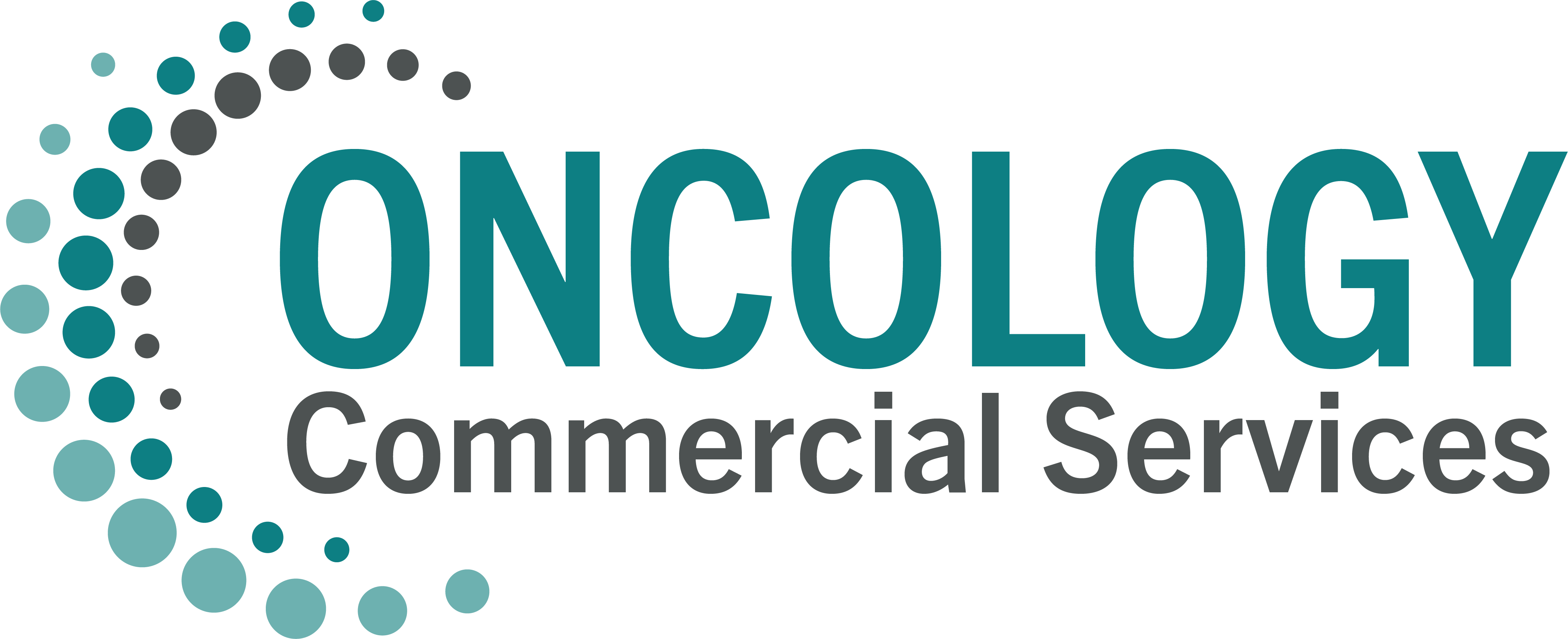A retrospective analysis of studies submitted to the FDA by the FDA demonstrates the effects of increasing expression of PD-1 on outcomes
Programmed death ligand 1 (PD-L1) expression is recognized as a key biomarker in the treatment of non–small cell lung cancer (NSCLC) with anti-PD(L)1 inhibitors. Previous work has highlighted that outcomes in patients with NSCLC treated with anti-PD(L)1 inhibitors generally improve with increasing PD-L1 expression. The objectives of these analyses are to quantitate the effect of PD-L1 expression on outcomes, to characterize the potentially nonlinear relationship between PD-L1 expression and outcomes, and to assess potential differences in these relationships across subgroups.
We performed a retrospective, pooled analysis of 11 clinical trials submitted to the US FDA between 2015 and 2022 that included patients with advanced NSCLC treated with anti-programmed death 1 or anti-PD-L1 immune checkpoint inhibitor (ICI) monotherapy in the first-line (1L) or second-line (2L) treatment setting. The clinical outcomes explored were overall survival (OS), progression-free survival (PFS), and objective response rate (ORR).
The primary analysis population included 3806 patients with advanced NSCLC, of which 2040 were treated in 1L and 1766 in 2L. For patients with a PD-L1 score of 100% in the 1L setting, the hazard ratio versus a patient with 1% PD-L1 was 0.55 (95% CI, 0.43 to 0.70) for OS and 0.50 (95% CI, 0.41 to 0.61) for PFS. For patients with a PD-L1 score of 100% in the 2L setting, the hazard ratio versus a patient with 0% PD-L1 was 0.55 (95% CI, 0.43 to 0.71) for OS and 0.51 (95% CI, 0.41 to 0.63) for PFS. Subgroup analyses suggested that this relationship may vary by subgroup, particularly by region.
These analyses suggest PD-L1 expression has an appreciable impact on clinical outcomes for patients with NSCLC treated with ICI. As the impact of PD-L1 expression on outcomes may vary across regions, it is critical that future trials are multiregional and enrol a diverse patient population. This is an important analysis of data used in support of product registrations of immune checkpoint inhibitors by a group within the FDA: it is clear, concise and well written and will help in current patient management and the design of future studies.
READ THE ARTICLE – https://academic.oup.com/oncolo/advance-article/doi/10.1093/oncolo/oyae006/7607157
